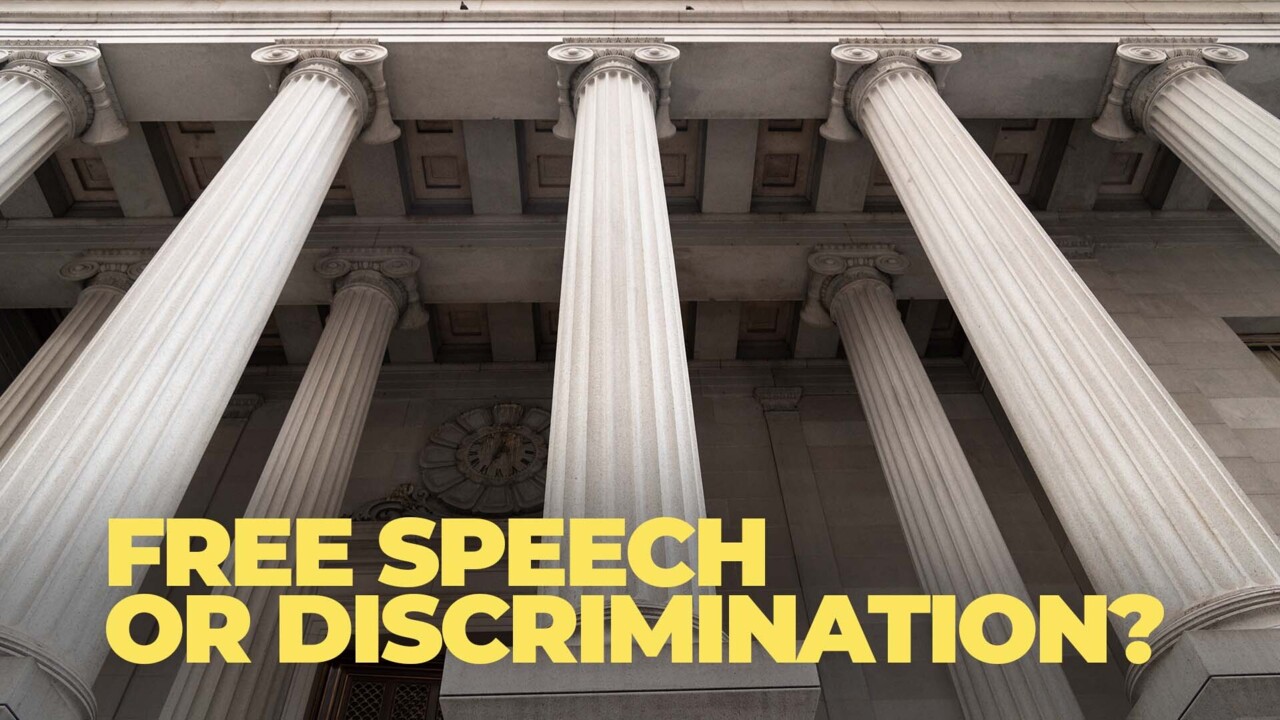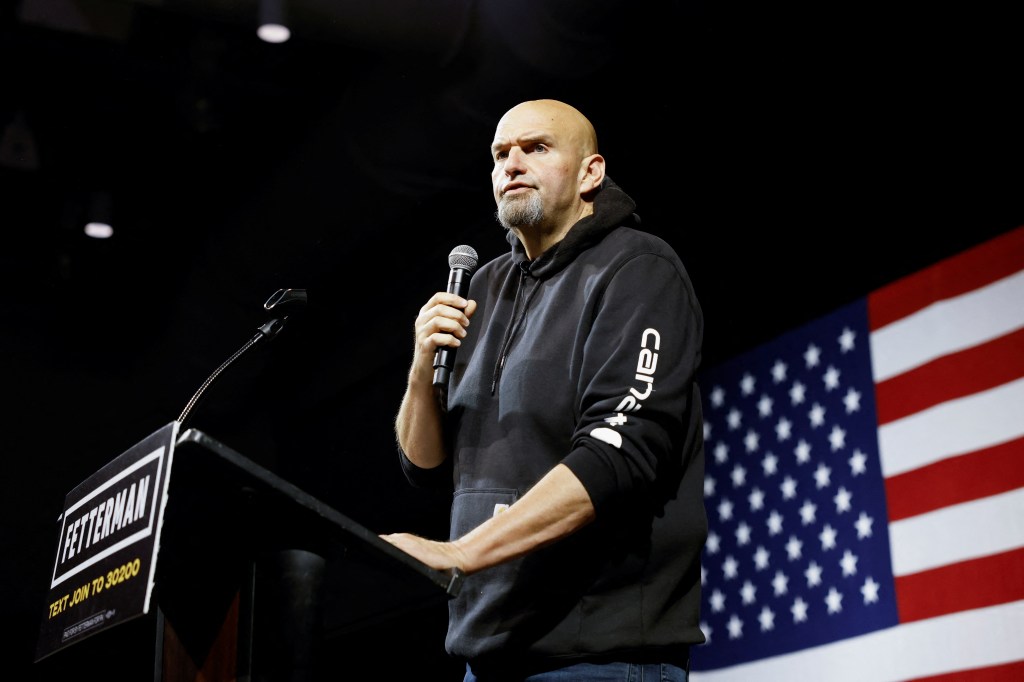
The Supreme Court heard oral arguments on a free speech case regarding gay marriage. In
303 Creative v. Elenis, website designer Lorie Smith is preemptively suing the State of Colorado over its Anti-Discrimmination Act that bars businesses from discriminating against people for their sexual orientation. She wants to post a message on her website explaining her religious understanding of marriage and that she will only speak messages in accordance with her faith. That means not creating custom websites for homosexual couples.
Waggoner: “If the government can label this speech equivalent, it can do so for any speech, whether religious or political. Under Colorado’s theory jurisdictions could force a Democrat publicist to write a Republicans press release.”
The justices will decide WHETHER A LAW TO COMPEL AN ARTIST TO SPEAK OR STAY SILENT VIOLATES THE FIRST AMENDMENT.
The justices will have to determine whether designing the website is simply providing a service or creating speech. Justice Sotomayor gave the example of a couple asking Lorie Smith to make a save the date that the client then sends out themself.
Justice Sotomayor: “You’re not inviting them to the wedding. Lily and Mary are. So how has it become your message?”
Kristen Waggoner: “In the same way that it is the message of a ghost writer who writes an anonymous press release or a book it is still that writer speech?”
Kagan: “The florist, the baker and the guy who provides the chairs are also providing the services in a wedding that they don’t like. So why are they any different?”
Waggoner: “The person providing the chairs isn’t providing speech, but when you are engaging in symbolic speech, whether that be through the creation of a custom wedding cake, or a custom wedding website, you are creating speech.”
The State of Colorado argued it does not regulate speech or expression, rather it regulates discriminatory sales in commercial conduct.
Eric Olson, Colorado Solicitor General: “The company can choose to sell websites that only feature biblical quotes. Describing a marriage is between a man and a woman. Just like a Christmas store can choose to sell only Christmas related items. The company just cannot refuse to serve gay couples”
303 Creative is reminiscent of the 2018 case involving Colorado baker Jack Phillips who refused to make a wedding cake for a same sex couple. The justices ruled in Phillips’ favor, but it was a narrow decision. Now they are settling the larger first amendment question. Straight from the Supreme Court, I’m Ray Bogan.






